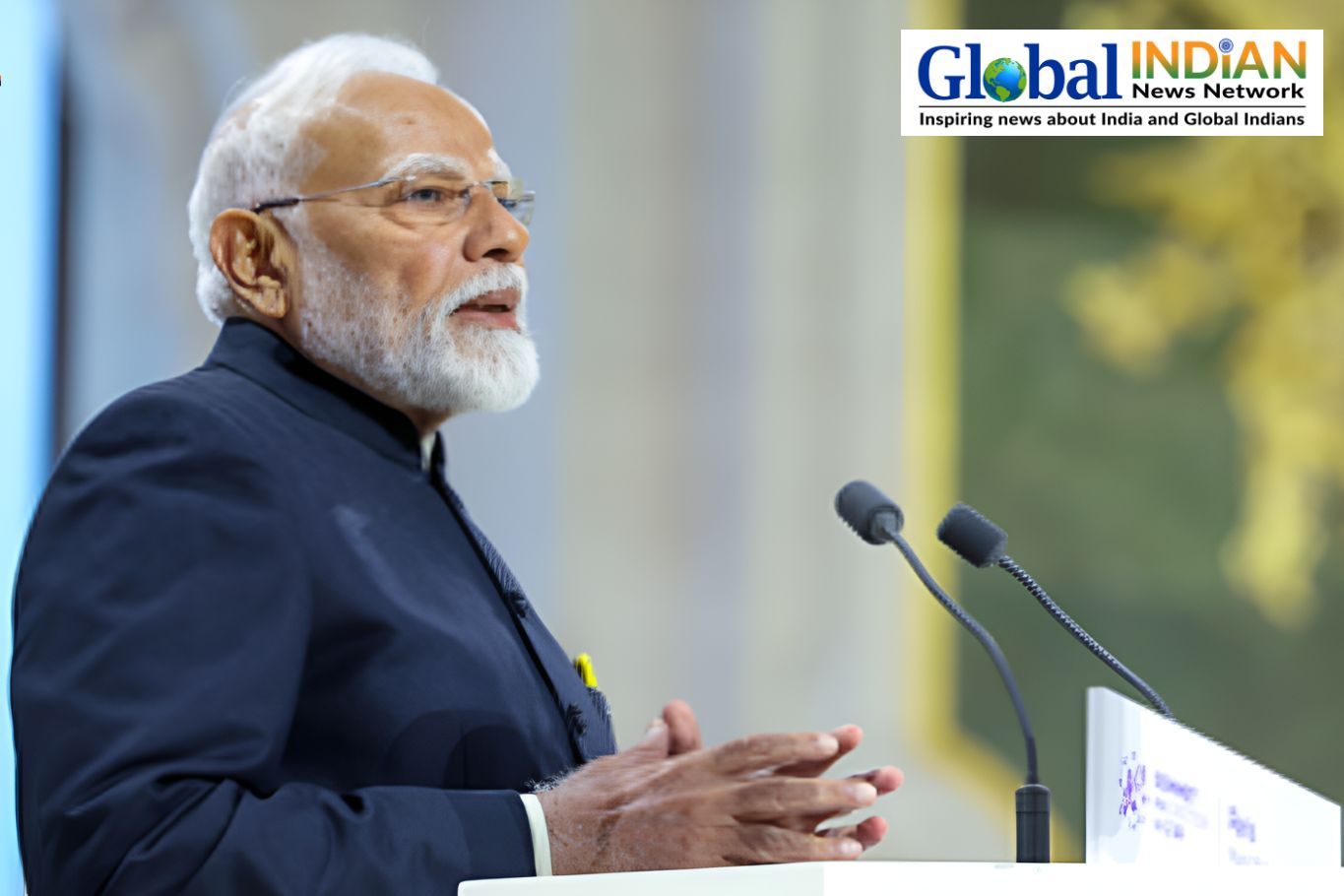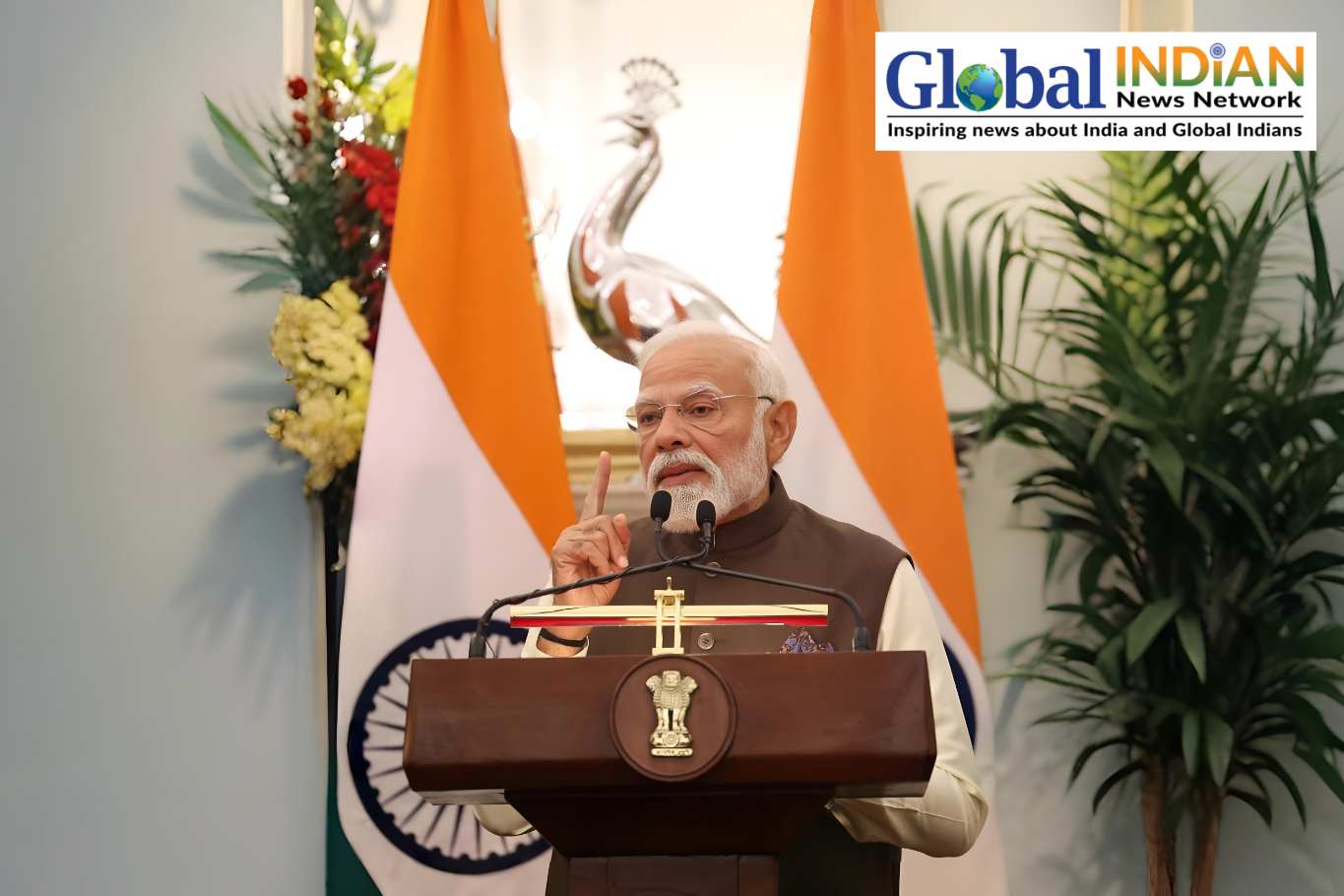
India’s influencer marketing sector is on the cusp of a significant growth spurt, driven by the rapid changes in the digital world. Current trends suggest a noteworthy rise in this industry, with influencer marketing becoming a critical element in three-quarters of brand strategies. Expected to increase by 25% to US$ 281 million in 2024, the sector is projected to reach US$ 404 million by 2026.
A joint study by EY and Big Bang Social reports that 56% of brands have dedicated over 2% of their budgets to influencer marketing. Furthermore, 70% of these brands plan to either sustain or boost their investment in this area in 2024, with half of them aiming for up to a 10% hike. The study also points out that a majority of brands, 71%, prefer working with influencers on a fixed fee basis, whereas 29% opt for performance-based agreements to enhance accountability. Additionally, a strong 77% of influencers have seen their earnings rise in the last two years, and 86% anticipate at least a 10% income boost in the coming years. This growth trajectory highlights the significant role influencers play in shaping the digital environment, offering broad prospects for both brands and marketers.
What is Influencer marketing
Influencer marketing is a form of social media marketing that involves endorsements and product placements from influencers—individuals who have a dedicated social following and are viewed as experts within their niche. Influencer marketing works because of the high amount of trust that influencers have built up with their follower base, and recommendations from them serve as a form of social proof to your brand’s potential customers.
Here’s a breakdown of its key aspects:
- Influencers as Mediums: Unlike traditional forms of advertising that directly target the consumer, influencer marketing uses influential social media personalities as a medium to reach out to potential customers. These influencers have a large, engaged audience that brands can tap into.
- Authenticity and Trust: One of the main reasons influencer marketing is effective is because it is perceived as more authentic and trustworthy than corporate advertising. When an influencer recommends a product or service, their followers are more likely to trust their endorsement because it feels like advice from a friend rather than a sales pitch.
- Targeted Audience: Influencers specialize in specific niches, such as beauty, fitness, gaming, or fashion, which allows brands to target their marketing efforts to a specific, engaged audience that is likely to be interested in their products or services.
- Content Creation: Influencers are skilled content creators who know how to produce material that engages and appeals to their audience. By partnering with influencers, brands can leverage their creativity and expertise to showcase their offerings in an authentic and appealing manner.
- Performance Measurement: Like other digital marketing strategies, influencer marketing campaigns can be tracked and analyzed through various metrics such as engagement rates, conversions, and return on investment (ROI). This helps brands to measure the effectiveness of their campaigns and adjust strategies accordingly.
- Multiple Platforms: While Instagram is often the first platform that comes to mind for influencer marketing, this strategy is utilized across various platforms, including YouTube, TikTok, Twitter, and Facebook, depending on where a brand’s target audience spends their time.
Influencer marketing has become a vital strategy for brands looking to reach new audiences in a more genuine and engaging way, leveraging the trust and authority of influencers to promote their products or services.









